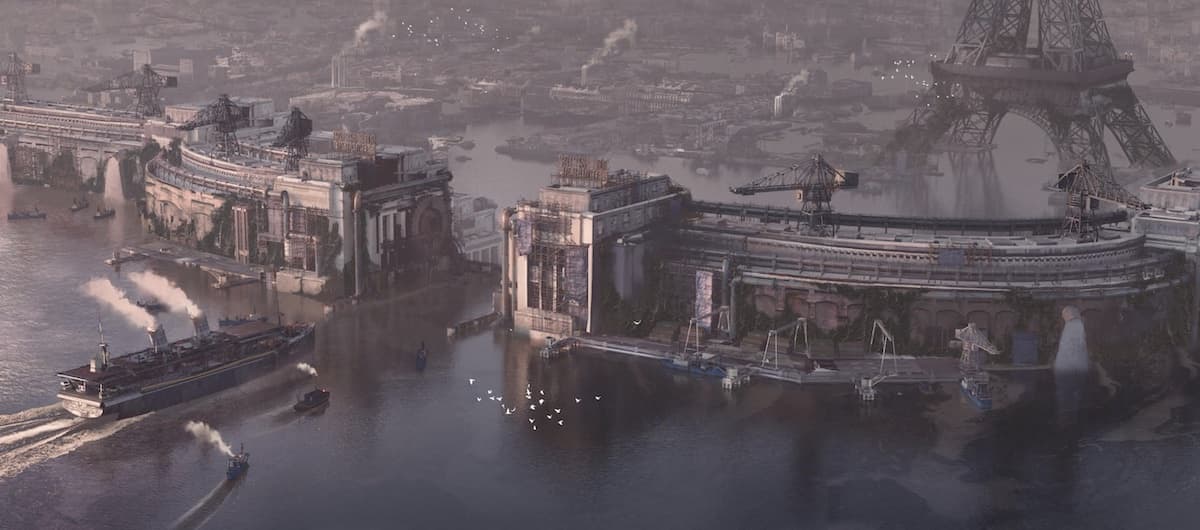
Rookie Awards Winner and New3dge Graduate Forging a Career in Concept Art for Games
Read about how Recent New3dge graduate and Rookie Awards winner, Tanguy Macq, is forging an exciting career in Concept Art.
Tanguy Macq is a 21 year-old Environment Concept Artist working for Mood Visuals in Copenhagen and recent graduate of New3dge.
Tanguy is also the Rookie of the Year 2022 winner of the Concept Art category. He joins us to share his journey and advice to aspiring artists looking for an exciting start to a career as his own.
We were encouraged by Aurélien Fournier (Creator of New3dge Concept Art curriculum) to post our work at the end of our year to give us the best possible chance to find work after our graduation. I was actually not expecting anything (which i think was great as it can probably be quite stressful if you are aiming for something specific) and less so, finding myself winning the contest.
The Rookie Awards was an opportunity to show what I love to do and seeing amazing work from all these talented artists as well.
Winning the Concept Art category was such a surprise to me as there were so many good entries this year. I thank all our teachers who helped us to push and aim for that extra level of quality (Especially Balazs Agoston and Karine Villette).
Also, please, if you have the time, do me a favour by checking out all the talented artists that submitted in 2022 (and my classmates of course!) as they all could have been at that spot without a doubt.
I'd say to try and not look at what people have been doing the past years and just enjoy the process of creating something you truly enjoy, instead of following trends that you might not resonate with. This is especially important for younger artist that might not be looking for work yet: use the contest as a way to try new ways of creating art and presenting your ideas.
I will also add, try to have your project ready to show a few days before the end of the deadline. That way, you can rest a little on it, and give it a final look before posting. Errors can happen very quickly and it would be a shame to have all this work ready to show but filled with errors in it.
I'm an Environment Concept Artist working for Mood Visuals (Denmark, Copenhagen). It's quite hard to say as projects are all different with their own specifics, but I'm mainly exploring environments for games. It can involve props design, architecture, layouts, keyframes, mood explorations and more. Most of the projects we are working on are with AAA Games/Companies.
I guess it’s coming both from a long time ago and a short time ago as well. As a kid I always said I wanted to work for the Game Industry but actually never pursued it at all. However, I was always watching documentaries/videos behind game developers and softwares/game engines. It was always fascinating to me but I never took the time to start earlier.
I remember seeing Nyo’s drawings on a french video game website back in the days when he was doing “Fan-art” of games while explaining what he liked about them and tried to break down the important visuals features. I was always waiting for his videos but like before, it never made me draw, I was just amazed watching him paint.
Then, the first Destiny came out in 2014, and to this day I still haven’t experienced something like this again. Everything was mind-blowing to me back then, and Bungie were so open about sharing their artwork and their design approach through livestream/videos that it made me interested again.
Later on, around 2016, I discovered the Feng Zhu channel and it completely blew me away. It’s still one of the best resources to learn from and a lot of information is still very valuable even after all these years. Highly recommend it!
At the end of our graduation at New3dge, I had the opportunity to talk to Jesper and Silas (Who are respectively Creative Director/Art Director at Mood Visuals), as they were looking to expand the team in Copenhagen. I knew I wanted to move outside of France after I was done with my studies, so that was the perfect opportunity for me to join them and work on awesome projects.
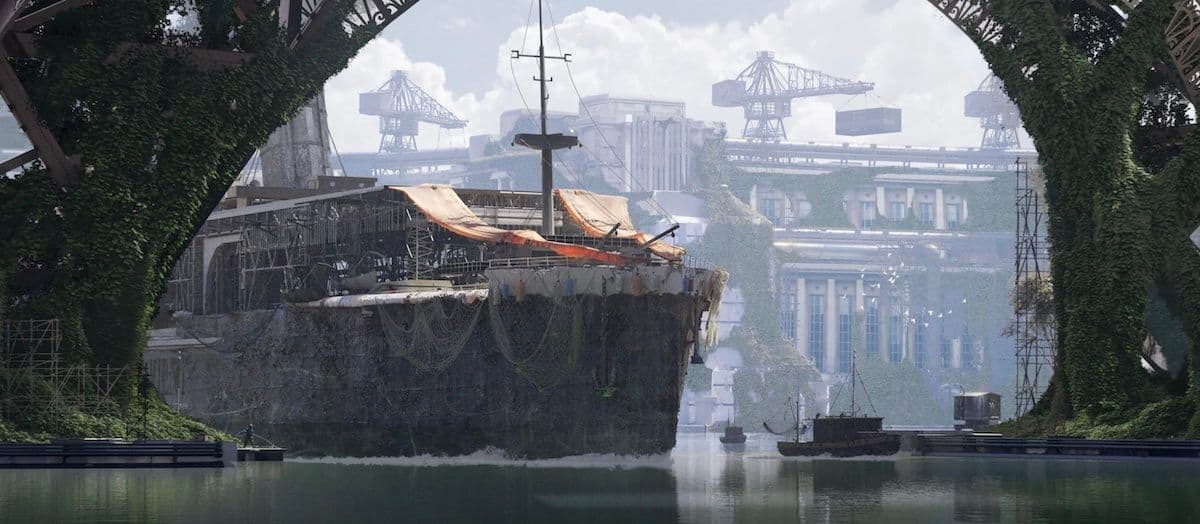
At first I was not supposed to study "Concept Art" or anything related to this industry. It actually started during my last year in high school...I said to my parents that I wanted to try to apply to New3dge and see if I can actually make it. As I was never into drawing or painting as a kid, it seemed like a very complex path was going to be ahead. Back then, the school had a contest to be able to join it. Since I never did any drawing/paintings before, I applied for the Art Prep year.
The test was quite tough and I failed it really hard, however, since I was already practicing watching Feng Zhu's and Jama Jurabaev tutorial on the side, learning 3D and more advanced tools, they gave me a chance to enter and learn with all the awesome students there. So with that positive answer, I made a loan in order to enter the school and move to Paris to study there.
Then after that year, I realised that I wanted to specialise in "Concept Art" and not spend too much time learning other tools and focus all my time on that. I decided to leave the school because the following years in the program were not specialised enough. It was quite scary as I had my loan and no school to study in.
While I was looking for alternatives, I found someone that was willing to study with me at Brainstorm School in L.A, to become a Concept Artist as well. We were getting ready to move, unfortunately, that's when Covid started to happen and we had to both cancel our plans and do something different.
In the meantime New3dge had just announced that they were starting a "Concept Art" program that was aimed to become a professional and trained artist under 2 years. Unfortunately it was too late to apply and I had to wait for the following year.
Whilst I waited, I just wanted to get better as much as I could before September, so I took a few classes and mentorships. All of them were very eye-opening to me. Peter Han's drawing mentorship has taught me a lot about how to break down information and become a better draftsman. I then had the opportunity to take a Jama Jurabaev mentorship, which is still to this day, one of my best learning experiences. Being around all those incredible artists/students was so inspiring and Jama is both an incredible artist and teacher, definitely recommend it if you have doubts about joining the industry and want to make sure you want to go this path in the future. (Louis if you see this, we need to finish that Mentorship project one day!)
In my case, I was just even more excited to work harder and hopefully be able to work on the same line of projects. During this year, since it was still Covid time, I took some classes at Brainstorm Online, and was learning there alongside friends until I started in September back in New3dge.
I think it was very important not only for knowledge, but also practice in a very efficient way. There was a quote I heard from Finnian MacManus one day, and he said: "Practice does not make perfect. Only perfect practice makes perfect." And I think it's true and still valuable.
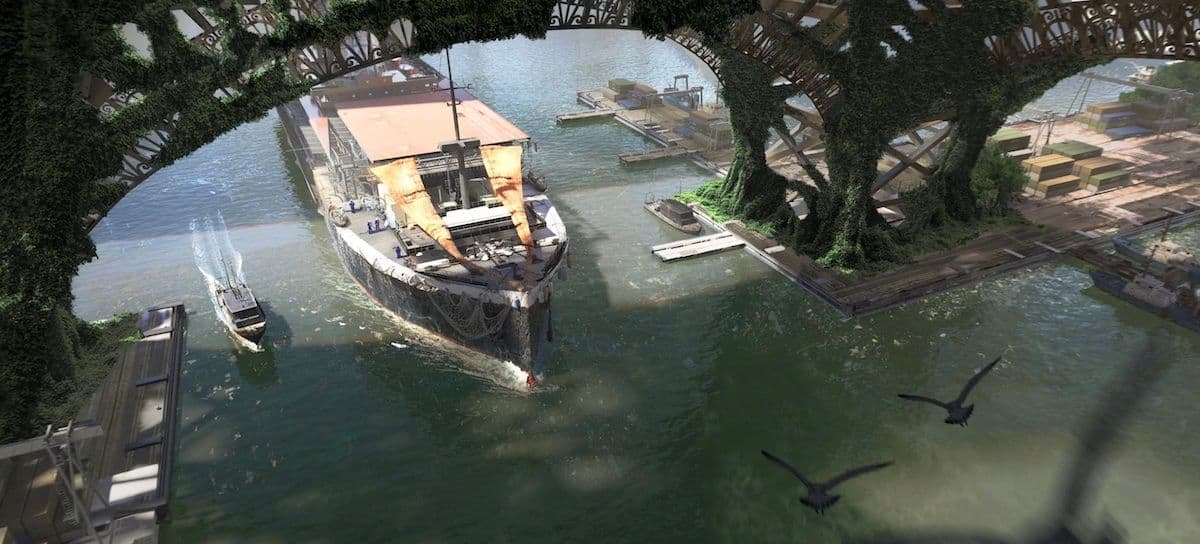
I'm really happy that I got the chance to be around the right people at the right time. It allowed me to grow in an efficient way but still at my own pace, that’s really important as well.
Depending on the project, there are usually between 2 to 5 persons on a project. Each client has a certain amount of assignments/tasks each week that they send, and then we split the work between us.
If needed, we sometimes make a quick morning call between us to talk about some of the assignments/tasks we received, then we make sure the tasks are clear for everyone in order to start working in the best conditions possible.
Then during the day, we usually are making updates as well, to share our progress and give feedback to each other in order to deliver the best work we can.
As for tools/softwares it usually depends on the task, but I usually work with Blender and Photoshop, then depending on the task, I might use VR softwares like Adobe Medium or Adobe Modeler.
We had the chance to have a workshop by Jama Jurabaev recently at Mood, and he showed us some of the new features of 3D Coat and Unreal Engine 5 which are really interesting. I'm using it for very specific cases but will try to implement it even more in my daily workflow.
Even if it’s very dependent on a task, when approaching a new brief I usually try to spend at least a few hours making sure everything is as clear as possible for me. That means breaking down the most important keywords, simplifying what’s not as important and making a plan in my head.
Then, I usually start looking for references. I try to spend a good amount of time at that stage as it's a very important step to make something believable or unique. It also helps to make my next steps as clear as possible, knowing what I would need or how am I going to tackle the “technical” part.
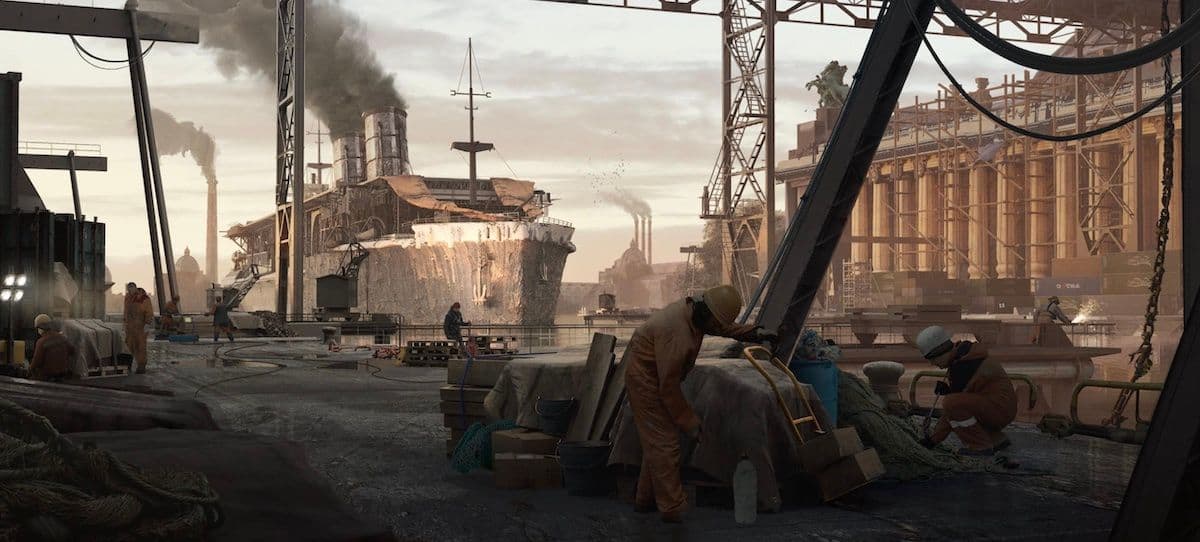
I then start either by sketching some ideas in Photoshop, or jumping into a 3D Software (Blender/Adobe Medium) in order to get some basic blockouts allowing me to explore ideas or more complex forms. The 3D part can be as fast as a few hours, or sometimes can last a day or two if the render target is really high/very detailed.
After that I always go back to Photoshop in order to finish my images and to add life into them. It’s a very important part, sometimes 3D can be really life-less, and that’s usually not what we are aiming for.
At Mood, usually only Senior/Lead artists are the ones in contact with the client. However meetings are open to us depending on the project, and it’s usually with the Art Directors or Marketing/Production teams in attendance.
Of course, I honestly feel like the industry has already changed a lot since I first started studying at New3dge. Tools have become a huge part of everyone's workflow, and we rely way more on them than we used to i think. It has both advantages and negatives about that.
I feel like I couldn't answer without talking about AI too, as it's definitely the biggest “change” (if it hasn’t already) that our industry encountered and it’s only just starting. It is really hard to say how dependent/or not, we are going to be in front of these tools, but it will for sure have an unprecedented impact in the future.
I’d say for me it would be the storytelling/image making aspect of our job. It’s always both scary and exciting to get a new brief and see what our mind can think of when reading it.
Being able to create something and get immersed in it while sharing it with everyone in the world is still amazing and mind-blowing to me.
It will definitely depend on the project and the task you are working on, but sometimes I feel like deadlines can get in your way. Don’t get me wrong on this, having deadlines is needed and it definitely pushes you in the right direction and to produce work. However, for more specific and important tasks, I kind of wish we had more time to polish some ideas and create stronger visuals/feelings in our work. (By the way, don’t get stressed over speed and deadlines, you’ll definitely have time producing your work in a studio.)
From my point of view and experience learning through a school, most (if not all) of the things we learned can be found online as well since there’s plenty of resources and schools too. However, as the competition is getting tougher over the years especially for Junior artists, having a “school” type of program definitely helps you get focused on the right things and allows you to have a great base/foundation to build on top of.
So I guess it’s not essential, however I would definitely recommend it for people that can, firstly, afford it financially and as well for those who don’t really know where to start/want to have a clearer path to follow.
I’d say how small the industry is at the same time. Nothing negative about it, but almost everyone knows each other and is connected in a way. So don’t hesitate to reach out/connect with peoples, or even with friends during art classes as well; you never know what can happens later on (and it help staying motivated as well, because everyone’s knows how hard it is sometimes to keep having that drive).
For me, my main inspiration comes from photography. Especially old/black and white photography. There’s something that is unique and can’t be recreated, mostly because of the time period the photos were taken and how technology around us has evolved. It’s definitely interesting to study for all these reasons: lighting, composition, storytelling, framing, and so on.
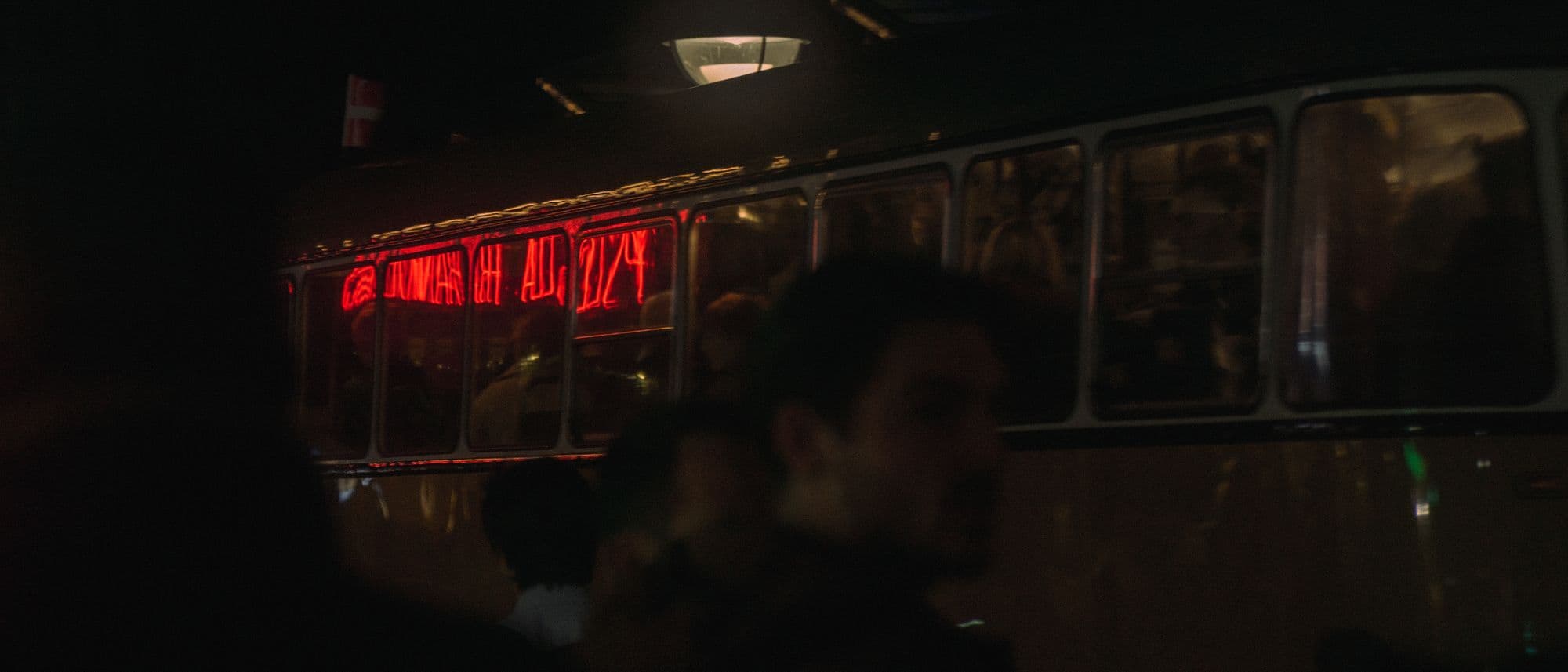
Even if you are not doing the same subject matter, it’s all about breaking down what you like about it and see if you can implement it somehow. I learned a lot just looking at how they took these pictures and how much thoughts there are sometimes behind them.
I don’t think there’s a specific brief to follow that can give you more opportunity to get hired, however, I think everyone should do what they love first and see how they can apply that to more “day to day/work-related” art. I usually structure my project the same way, thanks to what I learned from Jama Jurabaev mentorship.
For me it always starts with a lot of research and looking for references on the subject matter. Basically trying to define what I'm building. It doesn’t have to be complex, it could be just as simple as : “People crossing a bridge above a dangerous cliff”, or, “A kid is hiding under his bed”. From there, finding answers to simpler questions like : Who ? What ? Where ? How ? When ? Why ?
Spend as much time as needed on this step, no need to hurry, make sure it’s clear for you before going forward, you don’t want to go back to this step again after a few weeks if your project is not going anywhere.
It definitely depends on which industry you want to apply in, but if it’s for something similar to AAA games or the movie industry, I'd say you don’t need to create the next Star Wars or Avatar in order to get hired. Especially since I think it’s already challenging enough to deliver good designs/images as you are learning. Once you get that first industry job, you’ll be able to spend as much time as you want to work on that personal IP/Project.
Second thing might be to really narrow down the number of studios you want to work for and aim as best as you can for them. If your search is too broad, usually you will end up having feedback and advice from too many people/artists and you’ll have trouble finding what’s “true” from what’s “false”.
To add to this, nowadays it’s really getting easier through social channels, portfolio sites and LinkedIn, to see who’s working on your dream project. Look at their portfolio, how they approach their work, how/what they think about when creating their work...try to connect and message them. Once you have some of these answers, try to implement them and match these as best as you can.
Of course, it can be quite challenging and scary to try and match more experienced artists, and you’ll likely not be able to match that and that’s more than fine, because if you are already doing this step, you’ll already be in front of a lot of other people that are not doing this amount of efforts to get in.
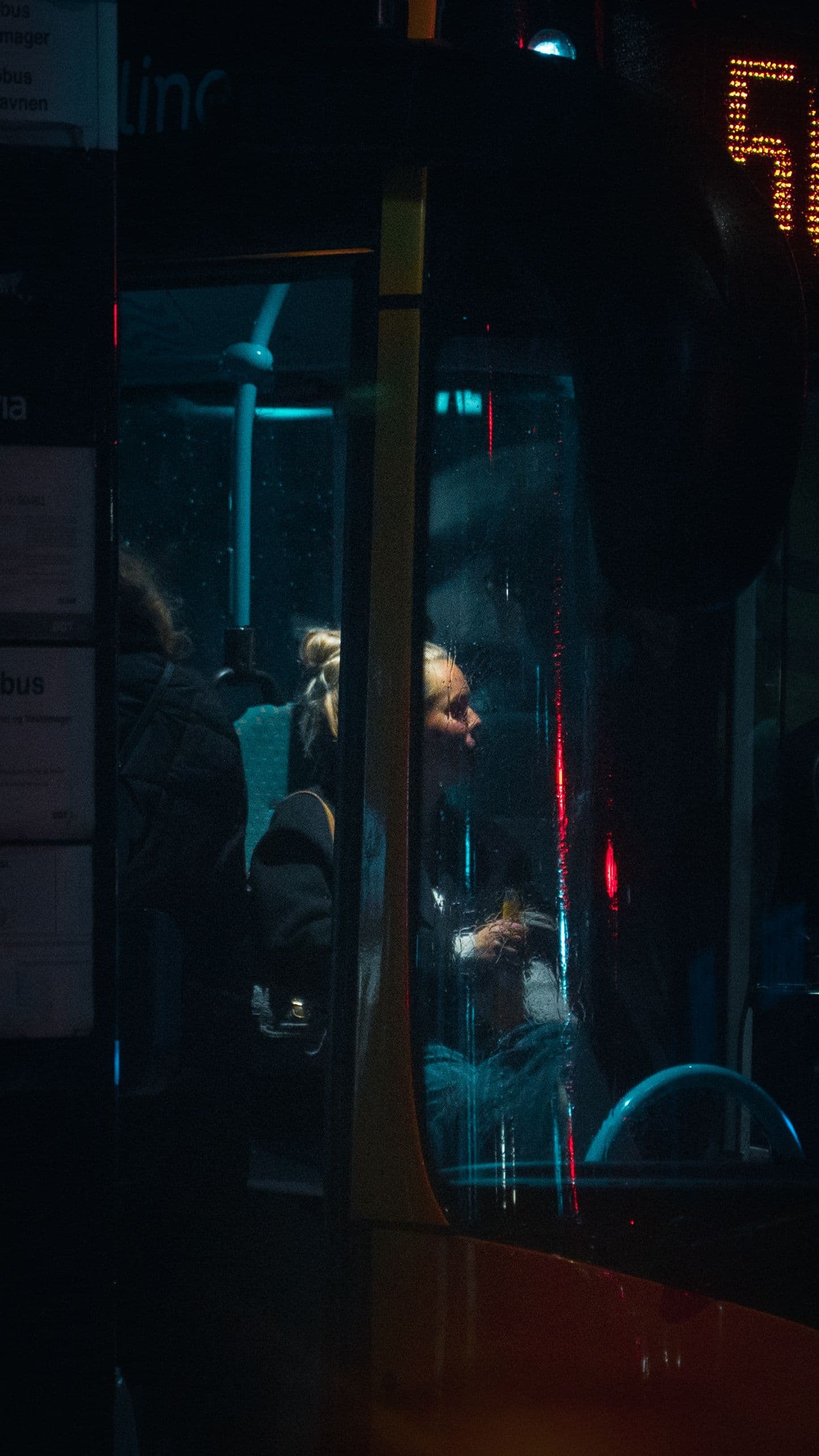
I’ll probably be missing a lot of them, but i hope you’ll find something interesting in these:
I think I'll probably ask myself to draw more! It’s something I had to catch up on while learning a lot of other things at the same time (and still is incredibly hard for me, even today). Even if 3D and Tools in general helped a lot of us to explore those ideas we had without amazing draftsman skills, I think you can’t get much further at a certain point because of that. (Good foundations are key!)
And lastly, I’d say to go out a bit more. I think many of us can relate to being really introverted and being comfortable at home most of the time, and while it’s for good or bad reasons, I think we are missing so many things happening outside. Especially when you are young, you don’t really want to walk for hours/go with your parents for a walk, but after a few years you realise that it would have probably been a good idea to do that and enjoy your time doing so.
I just wanted to thank The Rookies team for giving me the opportunity to share a bit about my journey. I hope you have enjoyed the read!
You can find more of Tanguy's work below: